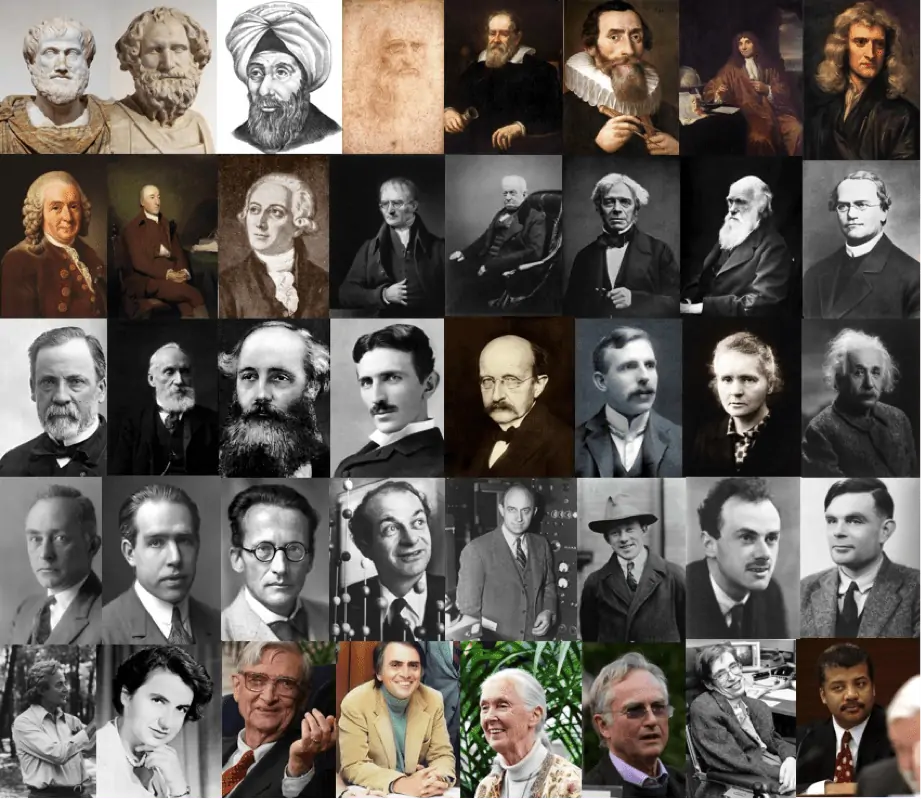The Case against Public Science

Terence Kealey writes in Cato Unbound:
For libertarians, economic growth is the growth that barely speaks its name. That is because conventional opinion asserts that economic growth is the gift of government. Secondary issues such as the efficient distribution of goods and services can, we are assured, be entrusted to the market, but when it comes to the creation of those goods and services in the first place (especially the new goods and services that constitute economic growth) then—sorry dear libertarian—only government can supply those: we are rich today only because that nice Mr Obama and his equally nice predecessors in the White House and in Congress have been gracious enough and foresighted enough to confer that wealth upon us.
The conventional story is thus an awesome story of government largesse and wisdom, and it’s one that the great companies and the great universities and the great economists promote most assiduously. There is only one, small, itsy bitsy teeny weeny problem with it. It’s dead wrong.
The story of the longest-surviving intellectual error in western economic thought started in 1605 when a corrupt English lawyer and politician, Sir Francis Bacon, published his Advancement of Learning. Bacon, who was a man with a preternatural interest in wealth and power, wanted to know how Spain had become the richest and most powerful nation of his day. He concluded that Spain had done so by the exploitation of its American colonies. And how had Spain discovered those colonies? By scientific research: “the West Indies had never been discovered if the use of the mariner’s needle had not been first discovered.”
Scientific research, Bacon explained, was “the true ornament of mankind” because “the benefits inventors confer extend to the whole human race.” But, he wrote, therein lay a problem: the whole human race might benefit from inventions but the whole human race does not reimburse inventors, so invention will not be rewarded by the market. Research, therefore, is a public good that should be supplied by government: “there is not any part of good government more worthy than the further endowment of the world with sound and fruitful knowledge.”
Bacon’s argument was reinforced in our own day by three landmark papers published by three landmark economists, two of whom (Robert Solow and Kenneth Arrow) were to win Nobel prizes, and the third of whom, Richard Nelson, is recognized as being of a similar rank. And we need to look at what the economists—as opposed to the scientists—write, because the economists, being apparently systematic, influence policy more than do the scientists: it’s easy to dismiss scientists for special pleading and for anecdotage, but who can doubt the objective, dispassionate studies of economists?
The contemporary story starts with a 1957 paper by Robert Solow, which was an empirical study that confirmed that most economic growth in the modern world can indeed be attributed to technical change (as opposed, say, to capital deepening.) But the story was given its dirigiste twist by the papers that Nelson and Arrow published in 1959 and 1962 respectively, in which they explained that science is a public good because copying is easier and cheaper than original research: it is easier and cheaper to copy and/or leapfrog the discoveries reported in the journals and in the patent filings (or incorporated in new products) than it was to have made the original discoveries. So no private entity will invest in innovation because their investment will only help their competitors—competitors who, having been spared the costs of the original research, will undercut the original researcher.